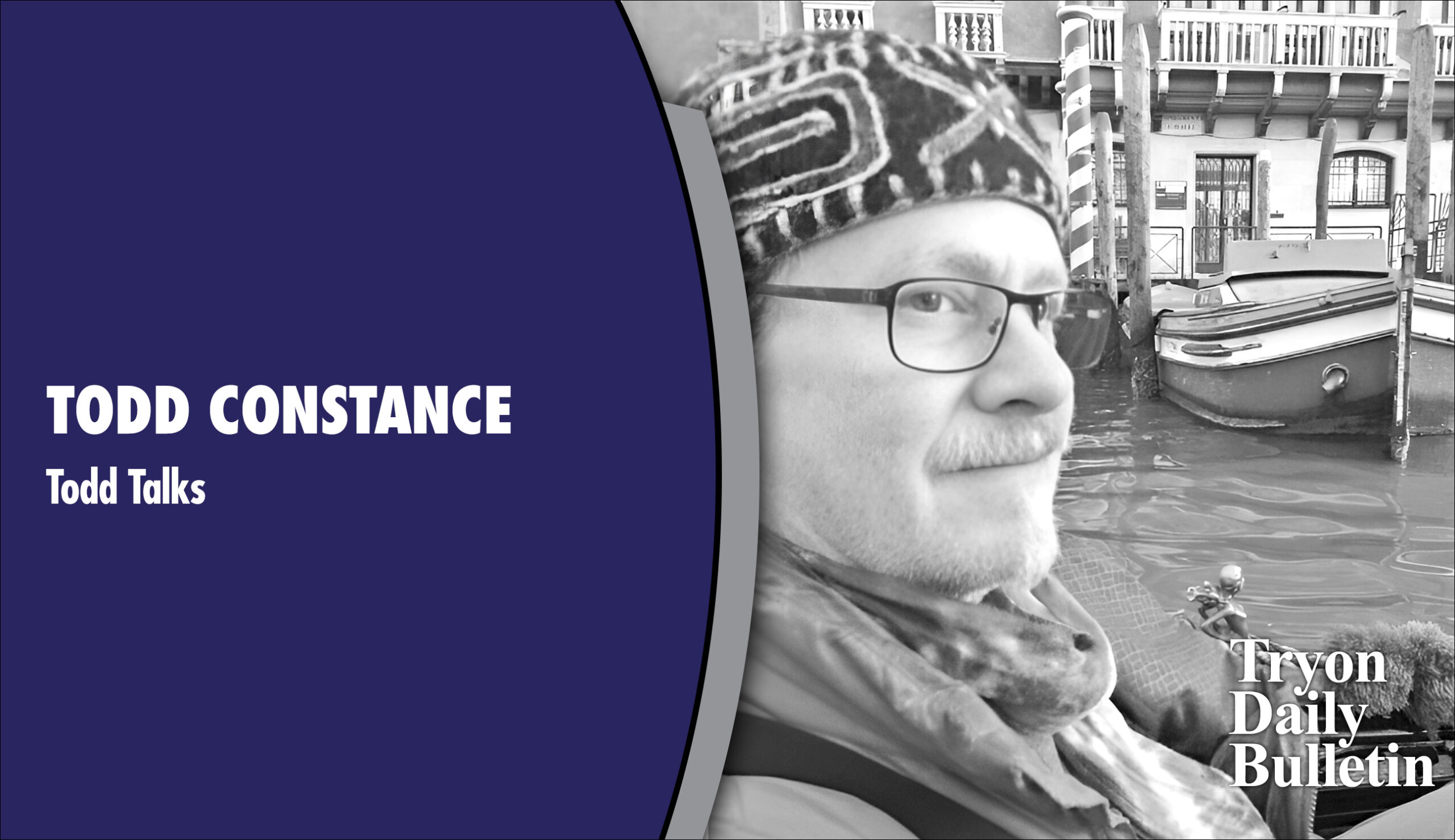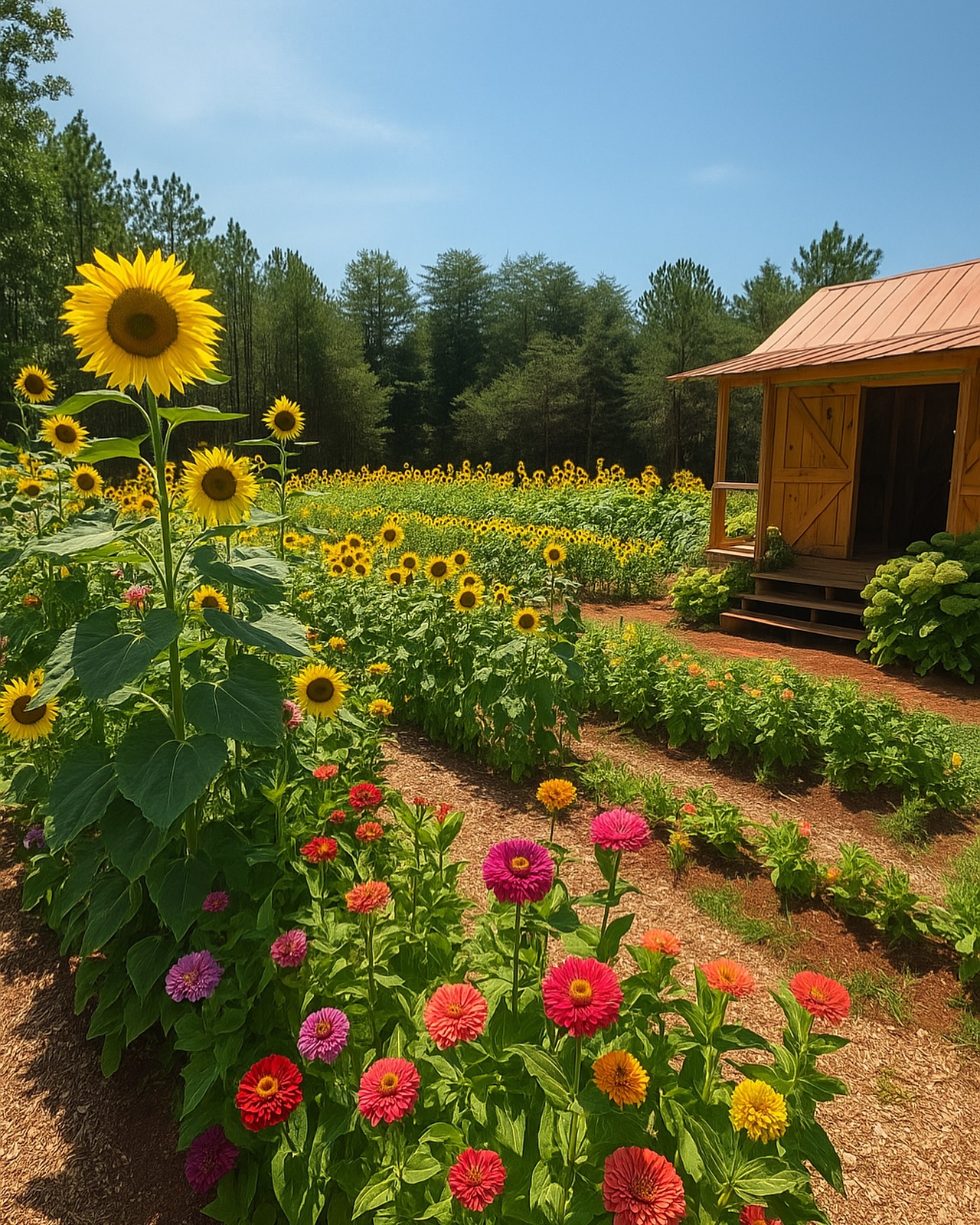Musings from the Workbench: We’re all members of “cults,” of one form or another
Published 2:18 pm Wednesday, March 15, 2017
Cult. It is a word that is being tossed around lately with very little understanding of what it really means. Now the vast array of dictionaries at our disposal usually give their first interpretation of cult as being a fringe religious group. However, that is a very narrow and limiting definition which may work in sound bites and social media feeds, but it does little to bring about a broader and more comprehensive understanding of how human beings choose to associate with one another.
First, cult is the root word for culture, a word which can be used as a noun or as an adjective. As an adjective, cult-ure is the summary of defining attributes for any gathered group of people who, by tacit or passive agreement, adhere to a common human or written authority and a set of beliefs around which the group – the cult – functions. What will surprise most people is that each of our lives is a multi-layered and intersecting arrangement of cult involvement.
As an abstract example let me introduce a hypothetical figure we will call Kilroy. Kilroy is an American born adult child of immigrant Armenian parents. Kilroy’s parents are Jewish, but Kilroy married a Roman Catholic girl and converted to Christianity. He has an advanced degree in mechanical engineering, and chooses to work in a motorcycle dealership and repair shop. Kilroy has three children, all boys ranging in age from 2 to 12. His hobby is golf, which he plays regularly with a group of friends.
Trending
No one else is like Kilroy because no one else moves through Kilroy’s life cults. There is the American ideal, the Armenian and Jewish influenced raising, the Christian/Roman Catholic element, the university and academic experience, the daily work environment, being a father of boys over a broad range of ages and needs, and his regular golfing with friends.
In the most superficial counting Kilroy is influenced by and lives in no less than nine overlapping cult-ures, each one with its own authorities, rules, expectations, conformities, and practices. If we were to break each one of those cults down further, all those parameters get narrower and more specific, and may indeed come into conflict with one another just in Kilroy’s life.
Every one of us is a Kilroy. We are the products of, and function within, specific sets of beliefs and activities (cults) that wind up being expressed as our personal cult-ure.
Now, imagine this concept being expanded to entire institutions, organizations, communities, religious bodies, and governments and you can see that we are cults within cults within cults which make up what we call our overall cult-ure, and even that varies widely from place to place. Anyone who has ever moved from “up north” into southern Appalachia will usually admit to “culture shock” and a period of adjustment because the cult rules are different here than they are “up there.”
For many years one of the hats I wore was that of “developmental consultant” for Episcopal Churches, and the one thing I learned early on was that every Episcopal Church has its own way of being and doing things, even though they share a common core of institutional structure and authority, rules, expectations, and practices. Nonetheless, every single church is its own “cult” with finely defined, if unstated, expressions of themselves – their cult-ure. There are the Anglo-Catholics, the Low Churchers, the High Churchers, the Broad Churchers, the Charismatics, those who cling to the “Olde Prayer Book or Hymnal,” those who want Traditional worship, those who want Contemporary worship … and well, it just goes on and on.
And the very same principle applies to every church of every denomination and every type all over the world. That principle of self-selection and identity (cult) also applies to political parties, clubs, organizations, recreational activities … and on and on.
Trending
Right now, besides being bombarded daily by the fallout from our political cults, our civic organizations, churches, and recreational activities are becoming increasingly polarized with each “cult” vying for dominance over all the rest. Well, let me set a few things straight, if you are the least bit confused.
We are a nation of laws which, no matter what anyone may say otherwise, is a nation in which freedom of speech, freedom of (or from) religious expression, freedom of the press, freedom of association, and freedom from governmental harassment is guaranteed by our constitution. That means that anyone may choose their cults, accept those cults’ internal authorities and practices, speak openly in favor of or against a cult, and should be able to do so without fear of intimidation or harassment – so long as they do no harm to anyone inside or outside of the cult and those who follow its cult-ure.
That is the caveat. No one, no cult, no cult-ure, no organization, no institution, no political group, no one has the right to harm, abuse, intimidate, or harass anyone in or out of their cult-ure. As a matter of fact, it is worth noting (with April being National Child Abuse Prevention Month) that religious bodies have no First Amendment rights where child abuse is concerned – elder abuse included. Abuse within religious organizations, by law, gets no “pass” on this and abuse must be reported to law enforcement agencies, even if it is revealed to a pastor or counselor in a confidential setting. Hiding such abuse is considered being complicit in the crime.
It is very simplistic to say that this or that group is a cult, while at the very same time acting out of a different set of cult parameters, sometimes in an abusive manner. We claim to be a country of diversity and equal rights and governance, but that is changing, sadly so. Polarization of beliefs, opinions, practices, authorities, and pretty much everything else puts us all in danger. Violence, abuse, intimidation, hateful speech and actions do nothing but make our current situation worse. No matter what cult-ure one chooses to live in, and by which one chooses to define one’s self, it is wholly and completely unacceptable, and counter to all that we hold dear as a nation, to use abuse, violence, intimidation, derision or anything else to force on everyone one set of cult-ural values over another.
For the time being, we have the privilege of living in a nation where anyone can choose to be part of any given cult-ure (secular or religious) with the only restriction being that we may not do harm to one another inside or outside of our chosen cult. Let us not throw that away in the name of political, religious, civic, or any kind of dominion. Our rights and freedoms are far too precious to lose by being complacent, or by being overbearing. We must find a balance founded in graciousness one to the other.
~ Michael Doty





